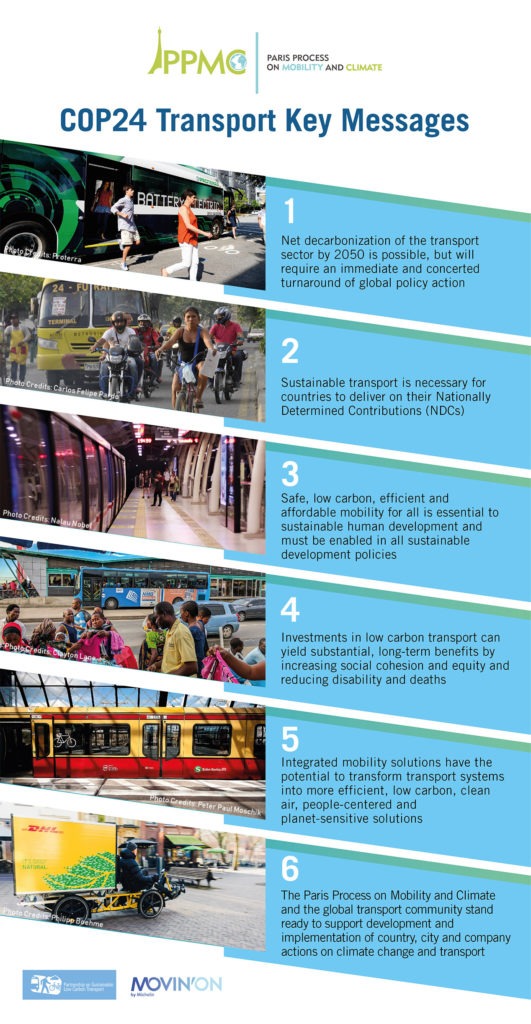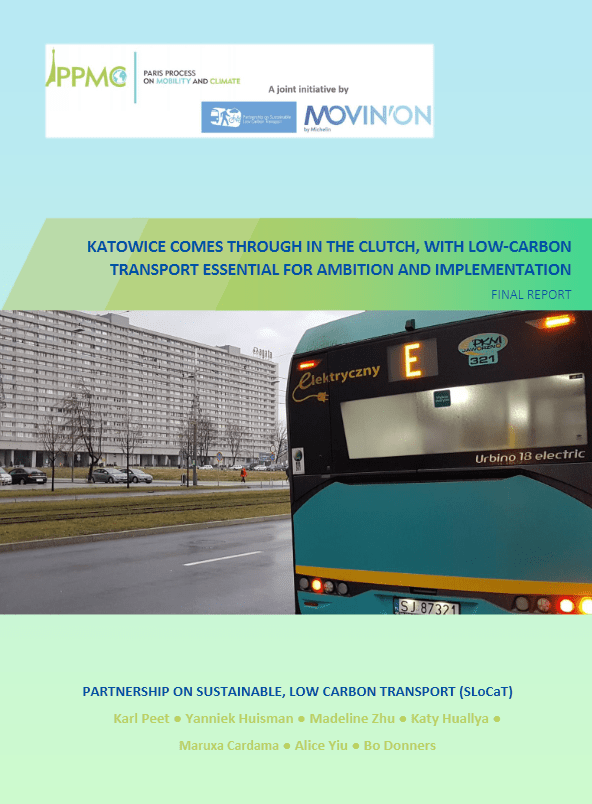Engagement at COP24
At COP24 in Katowice, Poland, it was more apparent than ever that the political will expressed in the Paris Agreement must be maintained and coupled with heightened implementation ambition if we are to meet the ambitious targets of the Paris Agreement and keep the planet and our livelihoods on course for a stable climate future.
To promote understanding among climate action stakeholders, the Talanoa Dialogue was launched by the Fijian presidency at COP23 Bonn. The Dialogue continued at the mid-year session in Bonn in May 2018, with storytelling methods aimed to create greater understanding and awareness about each country’s challenges and ambitions. Deliberations on the Paris Agreement Work Programme(known informally as the “Paris Rulebook”) at the May 2018 session led to a follow-up session in Bangkok in September 2018. Uneven progress there resulted in a 300 plus-page draft document, which streamlined outstanding issues into one cohesive report. Key obstacles still remained to be solved going into COP24, including key implementation pathways for differentiation, transparency, and finance for transport and other sectors. In light of COP24 negotiations, a key question was how and whether the Talanoa Dialogue would continue to sustain ambition and trigger meaningful action.
 Key Message 1: Net decarbonization of the transport sector by 2050 is possible, but will require an immediate and concerted turnaround of global policy action
Key Message 1: Net decarbonization of the transport sector by 2050 is possible, but will require an immediate and concerted turnaround of global policy action